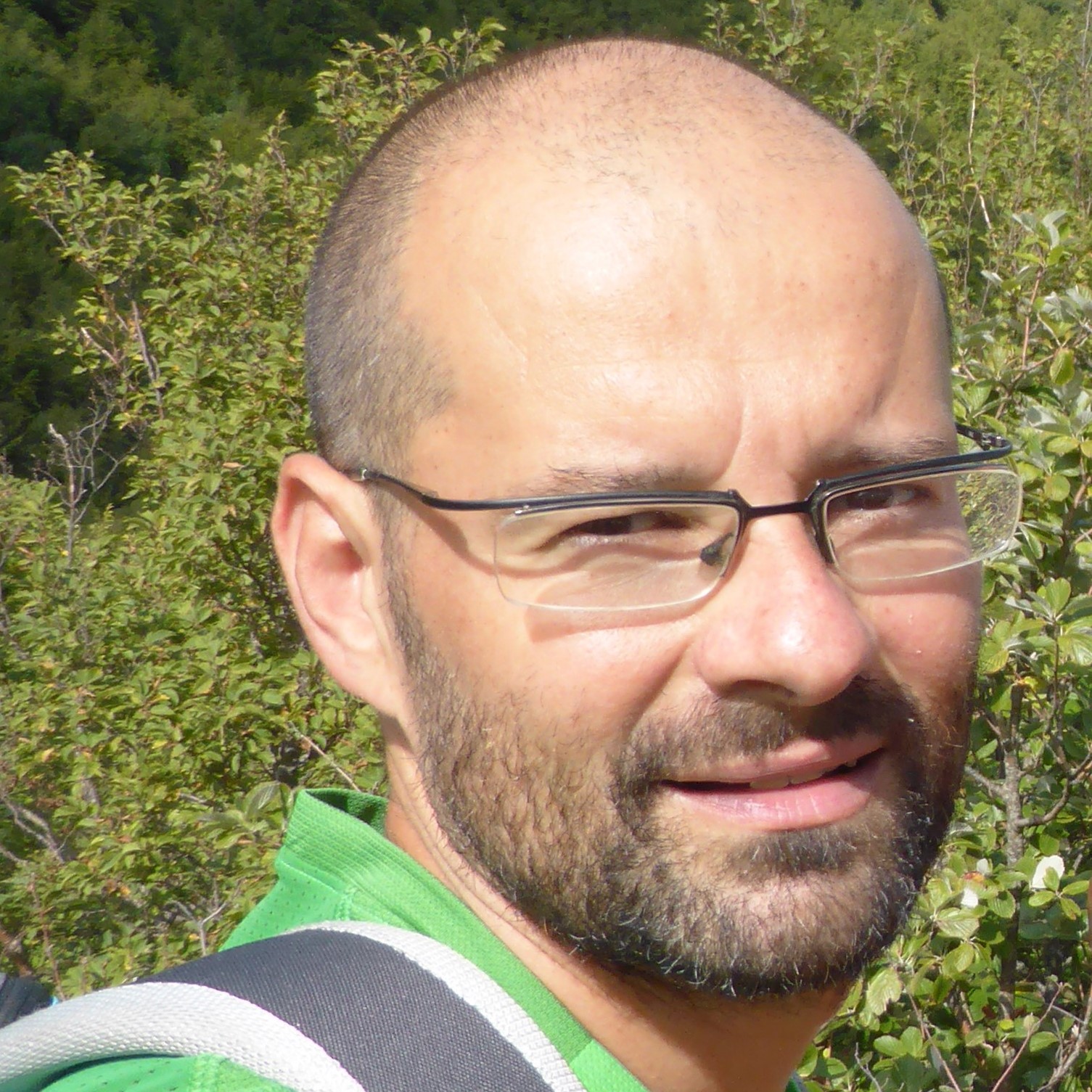
Giada Bargione
Researcher
Ancona
In order to feed, dolphins may interfere with fishing activities, with the risk of being caught (so-called bycatch) and thus drowning, or being seriously injured (injury or difficulty in swimming) or fatally injured. Dolphins in fact follow fishing boats opportunistically, as they find food more easily. However, dolphins are viewed as enemies/competitors by a section of fishermen, who see these animals as a source of concern and threat, with economic repercussions due to fish being taken out of nets, unmarketability of fish preyed upon by dolphins, reduced fishing performance (schools of fish frightened by the presence of dolphins may also escape the nets), work stoppage in case of accidental capture, and damage to professional equipment. This is why the Life DELFI project, coordinated by CNR IRBIM, a project co-funded by the European Community under the Life Program, was created, bringing together research organizations, universities, environmental associations and marine protected areas in the common effort to develop sustainable solutions and management models for dolphin-fishery interactions. In the Mediterranean, it is the bottlenose dolphin(Tursiops truncatus), protected by Annexes II and IV of the Habitats Directive, that interferes most with professional fishing activities due to its opportunistic feeding habits and coastal distribution. The interaction is particularly relevant in the Northern Adriatic, Ionian, Southern Tyrrhenian, and Sardinia. The fishing gears most commonly involved are gillnets (trammel and gillnet), trawl, fly and purse seine (purse seine), and depending on the different areas the interaction may be more or less harmful to one type of fishery or the other. The following will be carried out during the project activities of research and monitoringof dolphins in the different areas covered by the project to study resident populations and better understand dolphin behavior near gear and the extent of their interactions. The project includes the involvement of fishermen with a busy program of activities at sea and with courses in training to incentivize them toward activities of sustainable fishery. Also, awareness campaigns for engage a wider public on the need to conserve the species and our sea more generally will be conducted:
Project partners:
1. CNR-IRBIM (Lead Partner)
2. Municipality of Favignana – Managing body of the “Aegadian Islands” Marine Protected Area
3. Punta Campanella Marine Protected Area
4. Tavolara Marine Protected Area Management Consortium
5. “Torre del Cerrano” Marine Protected Area
6. Blue World Institute of Marine Research and Conservation (Croatia)
7. Filicudi Wild Life Conservation
8. Legambiente Onlus
9. University of Padua – Department of Comparative Biomedicine and Nutrition
10. University of Siena – Department of Physical, Earth and Environmental Sciences
Referent:

Programme: LIFE+
Web Site: https://lifedelfi.eu/
Duration: January 1, 2020 - December 19, 2024
Budget: 4.867.500,00 €
Budget IRBIM: 688.750,00 €
Areas of Research: